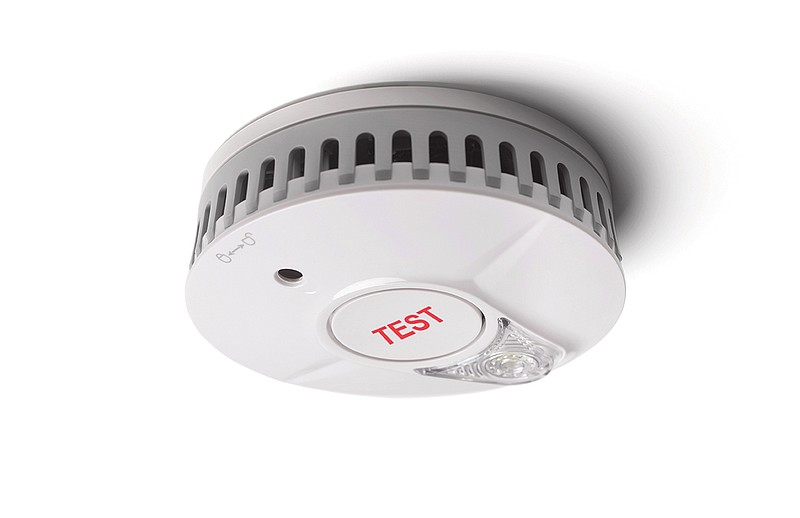Over a five-year period beginning in 2015 and 2019, fire departments across the United States responded to roughly 347,000 home structure fires per year. That data, courtesy of the National Fire Protection Association, underscores the significance of home fire protection measures.
Smoke detectors are a key component of fire protection, but there's much more homeowners can do to protect themselves, their families, their belongings, and their homes from structure fires.
Routinely inspect smoke detectors. Smoke detectors can only alert residents to a fire if they're working properly. Battery-powered smoke detectors won't work if the batteries die. Routine smoke detector check-ups can ensure the batteries still have juice and that the devices themselves are still functioning properly. Test alarms to make sure the devices are functioning and audible in nearby rooms. Install additional detectors as necessary so alarms and warnings can be heard in every room of the house.
Hire an electrician to audit your home. Electricians can inspect a home and identify any issues that could make the home more vulnerable to fires. Ask electricians to look over every part of the house, including attics and crawl spaces. Oft-overlooked areas like attics and crawl spaces pose a potentially significant fire safety threat, as data from the Federal Emergency Management Association (FEMA) indicates that 13% of electrical fires begin in such spaces.
Audit the laundry room. The laundry room is another potential source of home structure fires. NFPA data indicates around 3% of home structure fires begin in laundry rooms each year. Strategies to reduce the risk of laundry room fires include leaving room for laundry to tumble in washers and dryers; routinely cleaning lint screens to avoid the buildup of dust, fiber and lint, which the NFPA notes are often the first items to ignite in fires linked to dryers; and ensuring the outlets washing machines and dryers are plugged into can handle the voltage such appliances require. It's also a good idea to clean dryer exhaust vents and ducts every year.
Look outward as well. Though the majority of home fires begin inside, the NFPA reports that 4% of such fires begin outside the home. Homeowners can reduce the risk of such fires by ensuring all items that utilize fire, including grills and firepits, are always used at least 10 feet away from the home. Never operate a grill beneath eaves, and do not use grills on decks. Never leave children unattended around firepits, as all it takes is a single mistake and a moment for a fire to become unwieldy.
Sweat the small stuff. Hair dryers, hair straighteners, scented candles, clothes irons, and holiday decorations are some additional home fire safety hazards. Never leave candles burning in empty rooms and make sure beauty and grooming items like dryers, straighteners and irons are unplugged and placed in a safe place to cool down when not in use.
Fire departments respond to hundreds of thousands of home fires each year. Some simple strategies and preventive measures can greatly reduce the risk that a fire will overtake your home.
